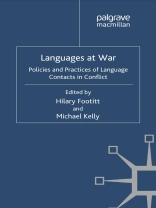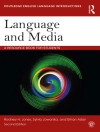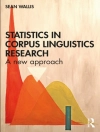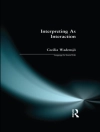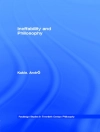Emphasising the significance of foreign languages at the centre of war and conflict, this book argues that ‘foreignness’ and foreign languages are key to our understanding of what happens in war. Through case studies the book traces the role of languages in intelligence, military deployment, soldier/civilian meetings, occupation and peace building.
Cuprins
List of Tables Preface Acknowledgements List of Abbreviations Notes on Contributors Introduction PART I: INTELLIGENCE Languages in the Intelligence Community Frameworks for Understanding The Human in Human Intelligence PART II: PREPARATION AND SUPPORT Preparing to Liberate Languages and Peacekeeping Language Policy and Peace-Building PART III: SOLDIER/CIVILIAN MEETINGS Occupying a Foreign Country Fraternization PART IV: COMMUNICATING THROUGH INTERMEDIARIES Military Interpreters in War Civilian Interpreting in Military Conflicts Being an Interpreter in Conflict Conclusions References Index
Despre autor
LOUISE ASKEW Translator, interpreter and reviser, the International War Crimes Tribunal in The Hague and the NATO Stabilization Force HQ, Sarajevo, Bosnia and Herzegovina CATHERINE BAKER Research and Teaching Fellow, University of Southampton, UK, and Teaching Fellow in Nationalism and Ethnic Conflict, University College London, UK SIMON TOBIA Professor of Modern European History, University of Bristol and the University of Reading, UK
